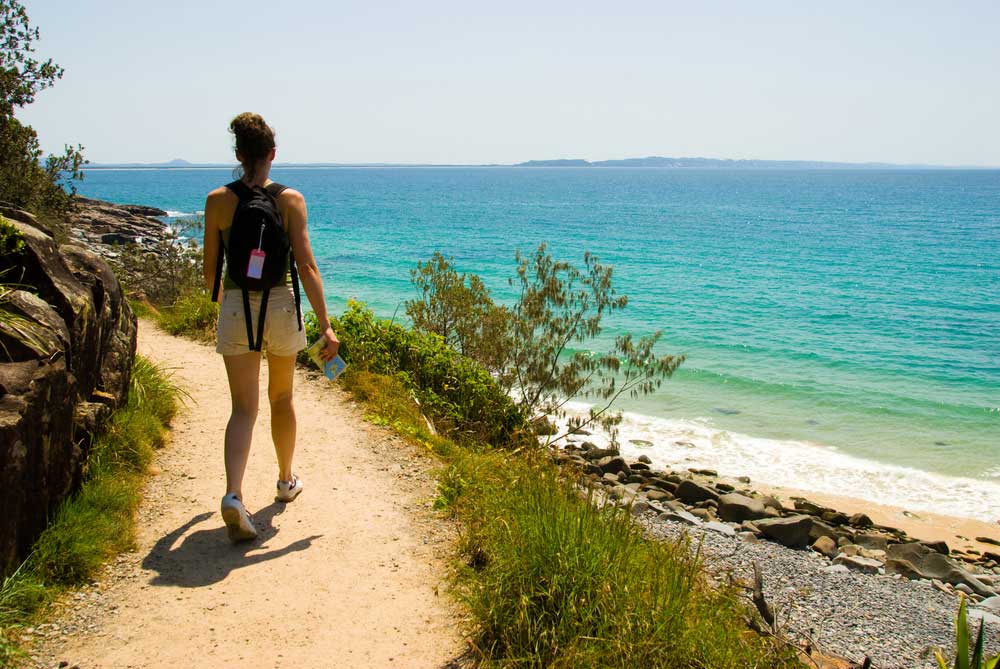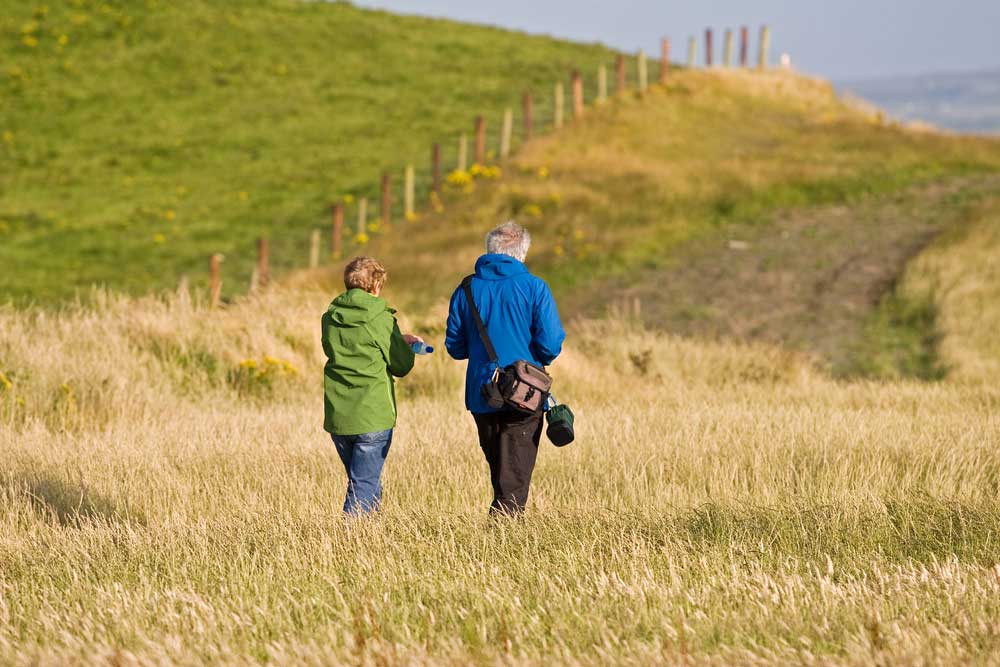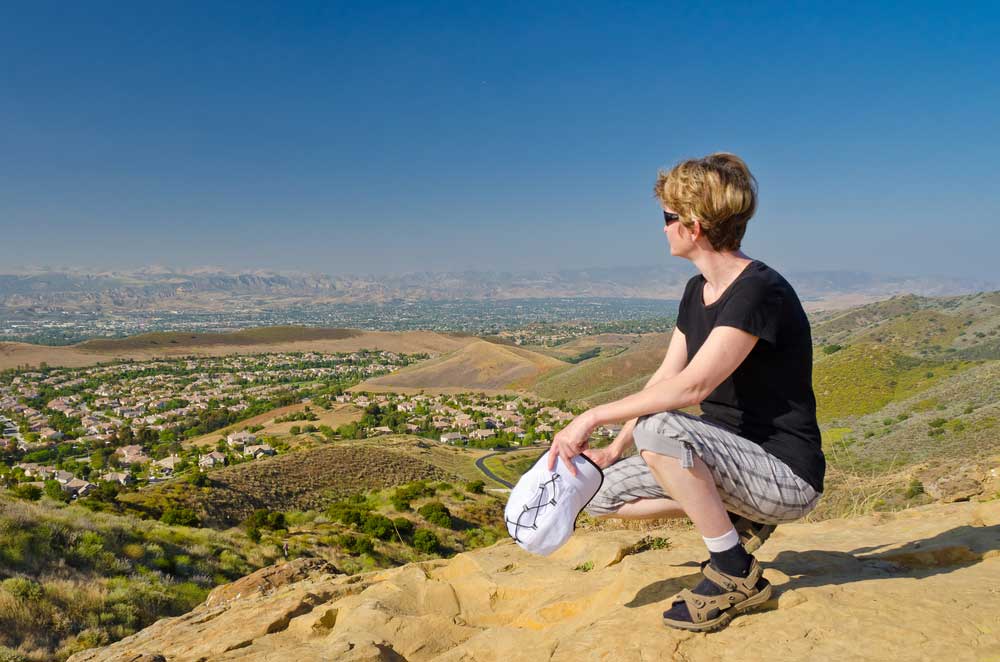Alison’s Total Abdominal Hysterectomy Story
Type of Hysterectomy: TAH
Age at surgery: 42
Location: NSW, Australia
In 2014, I had a routine examination that progressed to an ultrasound that showed uterine fibroids and an ovarian cyst. No obvious symptoms of either – just a ‘fullness’ the doctor found during the physical exam. I was referred to a specialist who declared that I would need a hysterectomy. I didn’t disagree, but felt that as I was having no symptoms that I would take the watchful waiting approach.
Fast forward a year and another ultrasound, same issues. Had things really changed? My doctor referred me to a different gynecologist but before the appointment came round, I ended up in hospital with kidney pain (which is horrendous). After checking me for kidney stones and gall stones, the medical team passed me over to the gynecological team. They seemed surprised that I know about the mass in my pelvis – I had been trying to get them to look at my scans for two days!
As the kidney pain resolved, I was not rushed in for emergency surgery. Instead, we had a planned surgery to remove the ovarian cyst as it seemed feasible that this could be the cause of the kidney problem (right kidney, cyst on right ovary – made sense to us). However, when I was in surgery, it turned out to be the fibroids that were the cause of the problem as one was obstructing my ureter. So the hysterectomy was undertaken at that point as I would otherwise have been back to get it done a couple of weeks later.
Part of me is a little annoyed with the process I went through. When discussing the issue with the surgeon, I asked if they could do what they did, but was told that I was either having a hysterectomy or I wasn’t in accordance with the consent form. Therefore it was a bit strange that I was asked 5 minutes before going into theatre to sign a consent for the hysterectomy. It means that I hadn’t done any research into the nature of a hysterectomy and had no idea what to expect.
As far as I can tell, my surgery and hospital stay were pretty good – I have nothing to compare it to. I woke up after the surgery attached to a drip, catheter, pain buster and squeeze-y leg cuffs, and was warned about blue dye as I was getting into the shower. The most surprising thing was the pain of the anesthetic being injected into the cannula in my hand – I went under grimacing with the anesthetist rubbing my hand.
The second surprising thing was the lack of pain with the main incision. I was fearful of the painbuster running out as I thought it would hurt, but I didn’t even notice when it had finished. And I have not had any pain that I can directly attribute to the incision.
Not being prepared was a small problem as my partner was not able to drop everything and come and sit by my bedside and bring me stuff… like a toothbrush, phone charger and pyjamas.
I was allowed home after 4 nights – the extra night was because I had a numb right thigh which the surgeon was a bit concerned about.
I think my recovery started off well, and then slowed right down. Week one – I wasn’t going to need 6 weeks off work, I would be back in 4 weeks (arguments with HR dept which insisted on compliance with the medical certificate). Week two – still OK. Getting lots of rest, walking around the house but not as far as I wanted along the road (which suddenly was uphill when I swear it used to be flat). Week three – started to have problems standing up straight. It was like there was a rubber band from my pubic bone to my belly button, and it got tighter as I walked. Week 4 was a continuation of week three and realised that getting back to work at that time was just not going to happen. Week 5 – my numb thigh was back to normal.
I was given a cautious return to normal activities at 6 weeks – take it easy on the lifting and gentle sex – and was well looked after by my work colleagues who would do all the lifting for me.
My recovery could be classified as slow. I went in for the surgery feeling good and normal – I had always been asymptomatic for fibroids – and came out cut in half. I am still recovering and patience has been my biggest problem. I know that the women who came out of surgery feeling wonderful had probably been suffering for years, but I still read their recovery stories with envy.
Because I didn’t feel that my health was bad prior to the hysterectomy, it has seemed like a major inconvenience to me. However, the logical part of my brain knows that I was on track to end up with kidney damage and I can happily live without my uterus if the alternative is damaged kidneys. Scans post-surgery have shown no on-going kidney problems.
Some have suggested that if I had had the hysterectomy when the fibroids were first discovered, I may have avoided the emergency visit to the hospital with kidney pain. Yes, maybe, but at least I am not left wondering whether this major surgery was really needed – it is too big to be undertaken lightly.
My advice to anyone contemplating this surgery is know your body, know your options, ask questions, research and prepare for the worst case scenario. Use this information to make decisions that suit you and that you are at peace with. Even with the benefit of hindsight, I wouldn’t do anything differently in terms of my major decisions.






